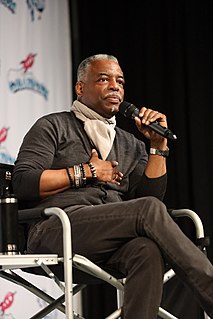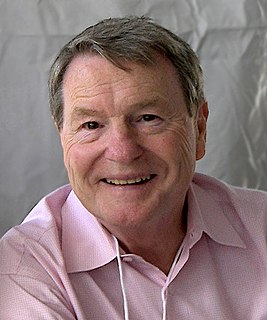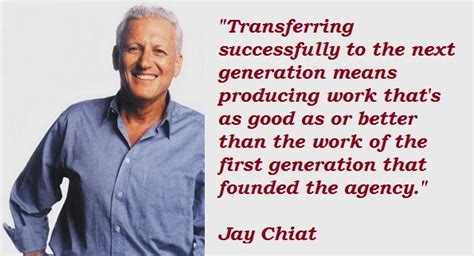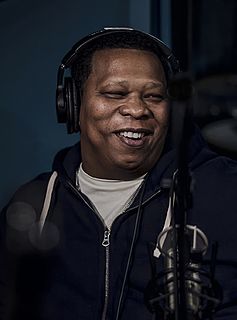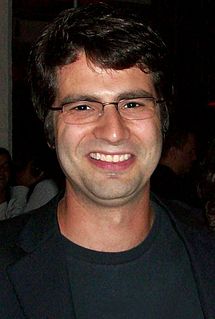A Quote by LeVar Burton
We want a book to be a book. We'll have all the interactive bells and whistles but our intent is to engage young people in reading, not to show them a movie.
Quote Topics
Related Quotes
I'd say the purest experience for the movie is not to have read the book because I think when you've read the book you're just ticking off boxes. I think that after you see the movie, reading the book is a cool thing. I always say the movie's not meant to replace the book. That's ridiculous. I'm a huge fan of the book.
We didn't have all the distractions that young people have today. We didn't have these incredible computer games and social networks to engage with. I understand that. But once young readers do discover reading, when they discover a book which they fall in love with, it really unleashes something new in their imagination.
Wayne Wang, the director of Because of Winn-Dixie the movie, understood the book and transferred as much of the feeling of the book onto film as humanly possible. I think he did a fabulous job. And also I'm thrilled because the movie brings people to the book - people that wouldn't know about the book - and that's a great thing.
I began writing books after speaking for several years and I realize that when you have a written book people think that you're smarter than you really are if I can joke. But it's interesting. People will buy your book and hire you without reading the book just because you have a book and you have a book on a subject that they think is of interest to themselves or e to their company.
